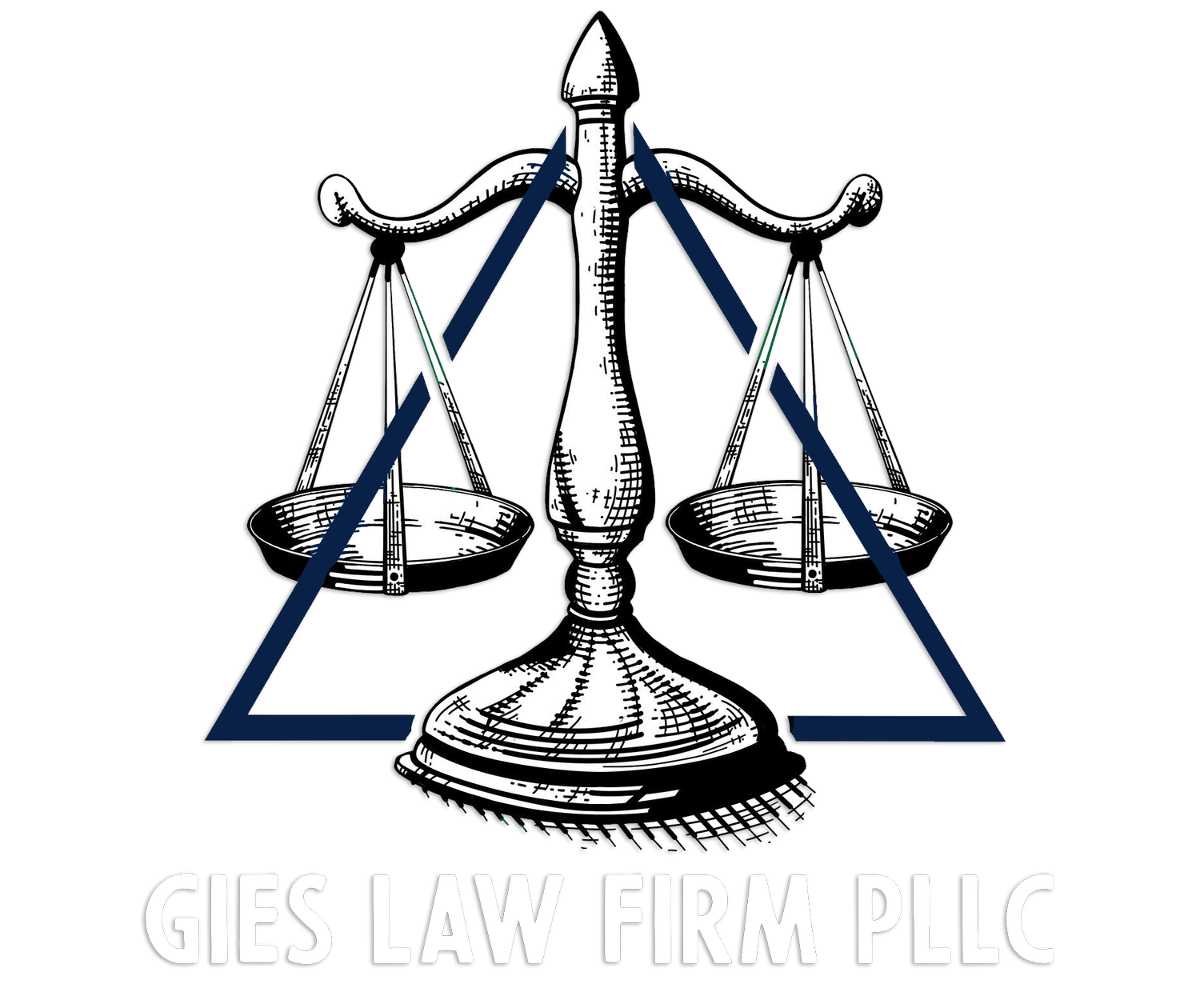SB 1635: Key Updates and Ongoing Challenges for Oklahoma Cannabis Businesses
The Oklahoma cannabis industry has been anxiously awaiting some movement on SB 1635 since it passed the Senate and went back to the House in early May. As thousands of existing cannabis businesses are caught up in a licensing limbo due to the recent and sudden enforcement of Certificate of Occupancy (COO) requirement, SB 1635 would provide relief that allows those businesses to continue operating and working toward obtaining their final certificate.
This week we saw the House reject Senate amendments to the bill and request a conference. The primary disagreement and change came to the grace date—it has changed from the initially proposed November 2024 to February 2024. Now that we have insight into how the final bill will read, it doesn’t leave us with the comforting feeling around compliance many may have expected. While SB 1635 theoretically could provide COO relief for existing licensees, there is some language that may keep the anxiety up until you’re through the entire process.
What does SB 1635 say in its current form?
First and foremost, the bill states that “all existing medical marijuana business licensees that do not possess a valid certificate of occupancy, where required, shall be subject to revocation until such time as a valid certificate of occupancy is obtained for all applicable structures.”
The bill clarifies “this provision shall not apply to medical marijuana business licensees who submitted a full and complete application for a valid certificate of occupancy to the State Fire Marshal or political subdivision with an authority having a jurisdiction agreement on file with the State Fire Marshal before February, 2024.”
Other key takeaways from 1635:
Once a COO has been submitted to the Oklahoma Medical Marijuana Authority (OMMA), applicants only need to submit an affidavit ensuring continued compliance. Applicants would only need to submit an additional COO if a change of use occured.
Municipalities or the State Fire Marshal may implement an inspection program to verify compliance with this subsection. If a licensee is found in violation of the provisions of the bill or information provided on the affidavit is inaccurate or untrue, OMMA will suspend operations of the licensee’s premises until compliance is reestablished.
Medical marijuana business licensees are responsible for compliance with applicable state fire, building, and electrical codes and may be liable for all damage that results from noncompliance with state fire, building, and electrical codes to the extent authorized by law.
Updates definition of Final Harvest Batch to mean “a specifically identified quantity of medical marijuana that is uniform in strain, cultivated utilizing the same cultivation practices, harvested at the same time from the same location, and cured under uniform conditions completed and ready for consumption prior to transfer to a licensed medical marijuana dispensary.”
Updates definition of Final Product to mean “the finished product that is available for transport to licensed medical marijuana dispensaries and ready for consumption by licensed medical marijuana patients.”
Updates "Final production batch" to mean:
a. any amount of medical marijuana finished product of the same category and produced using the same extraction methods, standard operating procedures, meeting all applicable law, rules, and regulations required by the Oklahoma Medical Marijuana and Patient Protection Act prior to transfer to a licensed medical marijuana dispensary, licensed medical marijuana patient, or licensed medical marijuana caregiver, or
b. any amount of medical marijuana finished product of the same exact type, produced using the same ingredients, standard operating procedures, and the same production batch of medical marijuana concentrate.
Addressing COO concerns
SB 1635 is not a save-all. It will save some while others will remain exposed to license revocation with a newly codified process for such action.
For example, there are licensees who have poured tens of thousands of dollars into building out their facilities whom may have all that work be for naught, as you cannot obtain a finalized COO or submit a “complete and full” application if you are still under construction. Without any element of provisional licensing in place, it seems OMMA is prepared to revoke licenses they issued prior to COO enforcement.
The language of “complete and full” is also cause for concern. If your application was submitted prior to February 2024, but the Fire Marshal or authority having jurisdiction sends it back for corrections or deems it incomplete, your OMMA license could be subject to revocation. With these standards being “new” and extensive, the margin for error is wide and could catch many licensees who did what they could to comply in a precarious situation. Licensees who are revoked for compliance violations are also subject to a 5-year ban on reapplying, which could have lasting affects on Oklahoma’s cannabis industry.
Many licensees rushed to get applications in or paid a consulting service to submit Fire Marshal applications on their behalf. If an agency or entity submitted your application, it would be wise to find out when exactly the application was submitted and if it was in “complete” form to set your expectations if and when this bill passes.
We anticipate COO issues to continue to affect businesses through the year and several licensees to face OMMA revocation hearings by fall of 2024. If you find yourself in a situation where you need representation over a petition of revocation or have questions about on-going compliance, reach out to the attorneys at Gies Law Firm today. We’re ahead of this and prepared to go the distance to get you beyond it.

